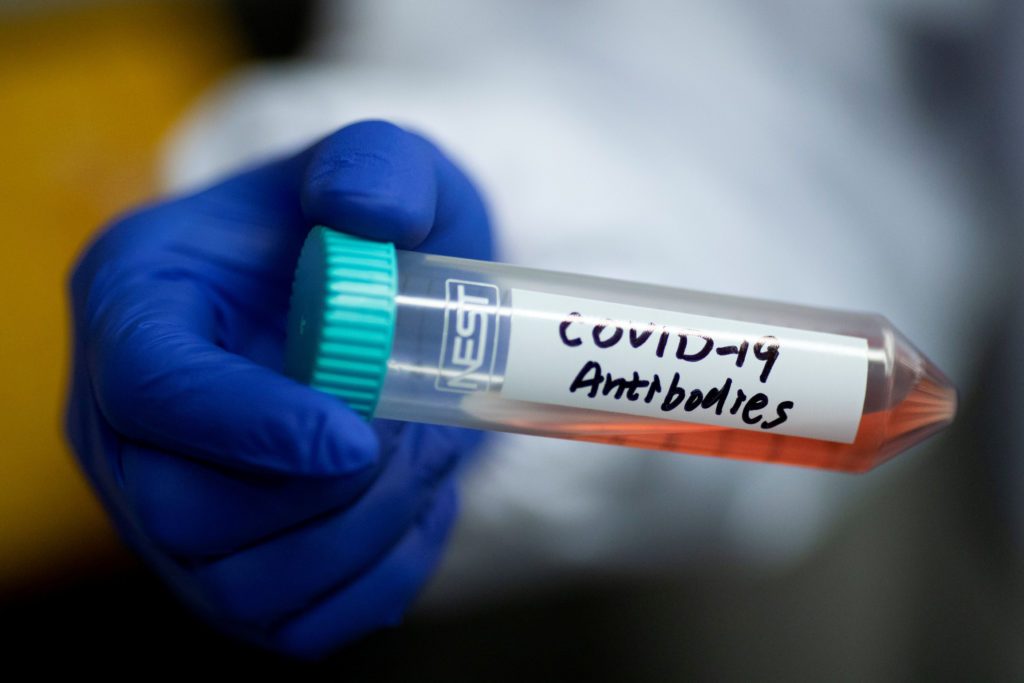A recent observatory study claims that vaccination administered in the afternoon produces more antibodies in the body than those who have taken the dose in the morning. The study has been published in the Journal of Biological Rhythms.
According to the study it has been found that the health workers showed more antibody levels after receiving vaccine shots in the afternoon compared to those who were vaccinated in the morning.
The authors of the study stated, calling their findings proof-of- conception, that how vaccines respond to a mortal body may also depend on the receiver’s circadian measures. The body’s internal 24-hour circadian timepiece regulates so numerous other aspects of our body similar as our body’s response to infection, conditions as well as vaccination.
It’s also possible symptoms of a many conditions and the impact of several specifics may vary by time of the day. In the study, the Massachusetts General Hospital cited the case of those with lung problems; these people have lesser symptom inflexibility besides having an altered respiratory function at certain times. This observation of the antibody situations was estimated after healthcare workers in the UK were vaccinated against the SARS-CoV-2. Blood samples of these healthcare workers were collected who were plant to be asymptomatic at the time of vaccination drive.
The experimenters had to sculpt a model in order to probe the effect on antibody situations on the day of vaccination. Several other aspects were also considered similar as a time of the day of vaccination, type pf vaccine (Pfizer mRNA vaccine or AstraZeneca adenoviral vaccine, coitus, age and number of days post-vaccination.
The experimenters after studying the effectiveness of antibody situations plant that antibody responses were advanced in general for substantially everyone who entered the Pfizer mRNA vaccine in both women and young people. The effect of time also played a major part in determining the antibody situations.

